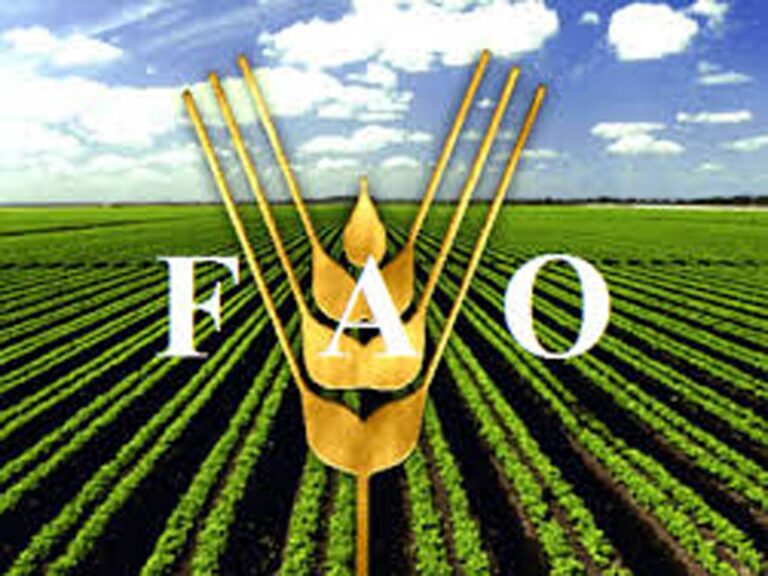The report of the Food and Agriculture Organization of the United Nations (FAO), the situation of women in such systems.
The statement noted that women make up 36 percent of workers in the agri-food system in Latin America and the Caribbean, when the proportion in the agricultural labor force is higher or increases compared to that of men in rural areas with high emigration. and mostly male.
The report explained that addressing gender inequalities in agri-food systems and empowering women reduces hunger, stimulates the economy and strengthens resilience to crises such as climate change and the Covid-19 pandemic.
The new FAO report of its kind is the first since 2010, and is not limited to agriculture, but offers a comprehensive picture of the situation of women working in agri-food systems, ranging from production to distribution and consumption.
It stands out worldwide that the role of women tends to be marginalized and their working conditions tend to be worse than those of men in irregular, informal, part-time, low-skilled or labor-intensive jobs.
In addition, women who work as wage earners in agriculture earn 82 cents for every dollar that men receive.
FAO Director-General QU Dongyu in the foreword to the document noted that by addressing endemic gender inequalities in agri-food systems and empowering women, the world will take a leap forward in achieving the goals of putting end poverty and create a planet without hunger.
That study explained that closing the gender gap in agricultural productivity and wages in agricultural employment would increase global gross domestic product by nearly $1 billion, and reduce the number of people suffering from food insecurity.
In Latin America and the Caribbean, governments are increasingly addressing the challenges related to the structural gaps faced by rural women in access to land, inputs, services, finance and digital technology, developing policies and programs that contribute to closing inequalities.
However, women are more food insecure than men in all regions of the world.
Globally, the gap between men and women in the prevalence of moderate or severe food insecurity increased to 4.3 percentage points in 2021 from 1.7 points in 2019, largely driven by widening differences in Latin America and the Caribbean, where the gap reached 11.3 points.
ef/mgt/rfc










